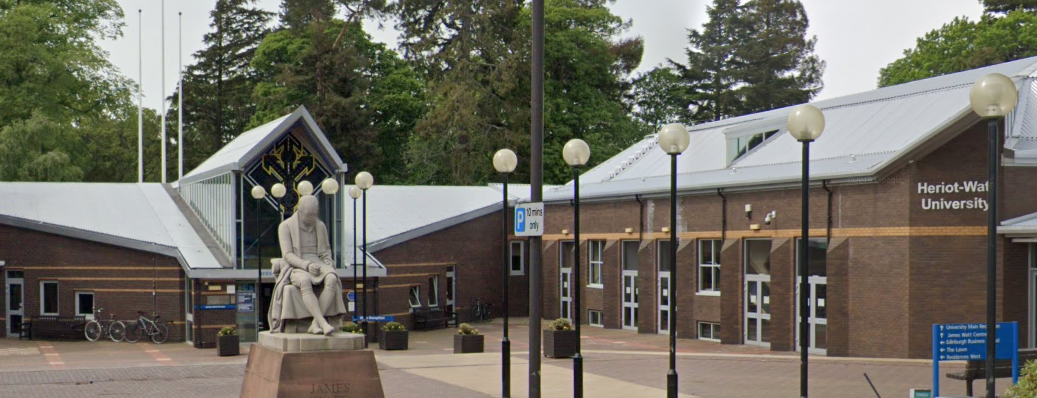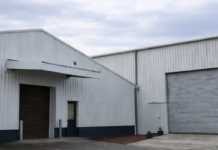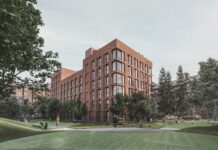
HERIOT-WATT University has revealed it has taken its first steps towards the build of a multi-million pound centre to host the next generation of ‘living medicines’.
The proposed Centre for Regulated Bio-Manufacture (CRBM) is being spearheaded by the Edinburgh-based university in collaboration with the Scottish National Blood Transfusion Service (SNBTS), the University of Edinburgh and a group of biomedical companies in the Lothians.
On August 11, the project was awarded funds by UK Research and Innovation’s (UKRI) Strength in Places Fund to develop plans to secure a further £30 million from UKRI later this year.
The university said that the centre is earmarked for construction on a vacant plot of land at their Edinburgh campus, close to the new SNBTS Jack Copland Building. The university added that, if approved, the centre will contribute to Scotland’s ambition to double the life sciences sector turnover to £8 billion by 2025 and will act as a focus to consolidate an advanced therapies, biologics and manufacturing ‘cluster’ in the Lothians.
If advanced, the facility will host ‘first class’ training facilities and a suite of new laboratories to develop innovative bioengineering, which the university said will ‘exploit’ future ‘living medicines’ relying on tissues, cells, or products from cells, such as antibodies.
The university added that this particular area of expertise has come under sharp focus of late as the work strives to manufacture new vaccines and treatments for infectious diseases.
Professor Richard A. Williams, principal and vice-chancellor at Heriot-Watt University, commented, “This ambitious project underlines the university’s ability to combine its unique expertise with those of our partner organisations, in order to deliver a state-of-the-art facility capable of advancing biomedicine.”








